
Richard Feynman was one of the world’s greatest scientists who won a Nobel Prize for physics in 1965. But we recognize him more as an outstanding teacher, a story-teller and an everyday joker whose life, was a combination of his intelligence, curiosity and uncertainty.
Feynman had once said, "Everything is interesting once you go into it deeply enough." He used to enjoy every single aspect of life whatever it had to offer. In this post, therefore, let us look at the things Feynman excelled at, apart from physics of course.
Sketching
Did you know that Feynman was an outstanding pencil artist who used to sign off his paintings with a pseudonym: ofey. The following is a portrait of fellow physicist Hans Bethe, also a Nobel Prize winner, friend of his.

Physicist Richard Feynman had started drawing more often towards the end of his scientific career.

Bongo Playing
Feynman not only used to play bongo but also wrote songs to accompany the music. One of his famous songs was called, "Orange Juice" which he penned for his love of it.
You can just look at his old wrinkly face and wonder how and why he had so much charm even at old age?
Cosplay
Now this is interesting...because how many physicists do you know that loved to dress up? Well, Feynman was clearly an exception.
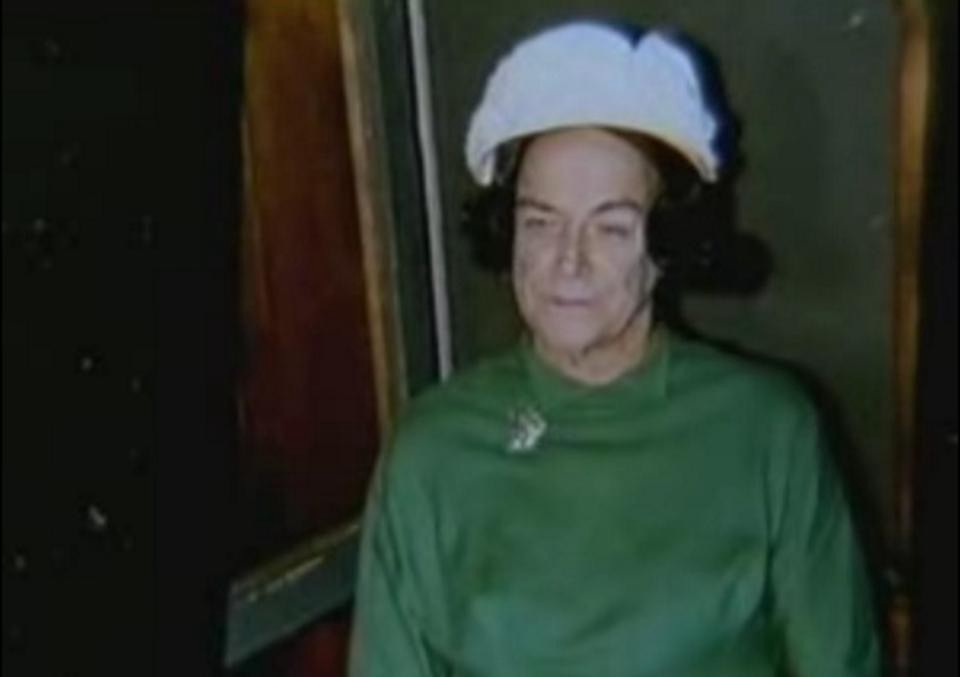 |
| As queen Elizabeth II (from anonymous source at Caltech) |
 |
| From Caltech archive |
Poetry
Did you know that Feynman wrote a long free-verse poem titled, an atom in the universe, in 1955? His command over scientific language was unmatched...which is demonstrated by how he described the whole universe in only a glass of wine:
"If we look at a glass of wine closely enough we see the entire universe. There are the things of physics: the twisting liquid which evaporates depending on the wind and weather, the reflections in the glass, and our imagination adds the atoms...
The glass is a distillation of the Earth's rocks, and in its composition we see the secrets of the universe's age, and the evolution of stars...
What strange arrays of chemicals are in the wine? How did they come to be? There are the ferments, the enzymes, the substrates, and the products. There in wine is found the great generalization: all life is fermentation..
Nobody can discover the chemistry of wine without discovering, as did Louis Pasteur, the cause of much disease. How vivid is the claret, pressing its existence into the consciousness that watches it!
If our small minds, for some convenience, divide this glass of wine, this universe, into parts: physics, biology, geology, astronomy, psychology, and so on..remember that nature does not know it!
So let us put it all back together, not forgetting ultimately what it is for. Let it give us one more final pleasure: drink it and forget it all!"
Teaching
This is not a surprise...of course we know him as the great explainer, right? Even Bill Gates has said, "Feynman had this amazing knack for making physics clear and fun at the same time. He was the best teacher I never had."

The public made him an icon because he was not only a great scientist and clown but also a great human being and a guide to his students in time of trouble.
Investigator
He was invited to investigate the Challenger disaster and found out the problem that caused the accident was trivial. Feynman did not shy away from blaming NASA.
He demonstrated that the material used in the shuttle's O-rings became less resilient in cold weather by compressing a sample of the material in a clamp and immersing it in ice-cold water.

NASA ultimately admitted that the disaster was caused by the primary O-ring not properly sealing in unusually cold weather at Cape Canaveral.
Writing
Apart from writing physics books, Feynman had a knack for telling anecdotes. He wrote two autobiographical accounts, one of which, titled, 'What do you care what other people think?' was adapted into 1996 movie Infinity starring Matthew Broderick and Patricia Arquette.
Summing up
He was a genius in truest sense of the word. According to Robert Oppenheimer, "Feynman was a second Dirac. Only this time human." Just to let you know, Oppenheimer and Dirac were Feynman's seniors. In fact, Paul Dirac was Feynman's hero growing up, and quite opposite of what Feynman was...Dirac hardly spoke a word or two.
Did you know that Feynman wrote a long free-verse poem titled, an atom in the universe, in 1955? His command over scientific language was unmatched...which is demonstrated by how he described the whole universe in only a glass of wine:
"If we look at a glass of wine closely enough we see the entire universe. There are the things of physics: the twisting liquid which evaporates depending on the wind and weather, the reflections in the glass, and our imagination adds the atoms...
The glass is a distillation of the Earth's rocks, and in its composition we see the secrets of the universe's age, and the evolution of stars...
What strange arrays of chemicals are in the wine? How did they come to be? There are the ferments, the enzymes, the substrates, and the products. There in wine is found the great generalization: all life is fermentation..
Nobody can discover the chemistry of wine without discovering, as did Louis Pasteur, the cause of much disease. How vivid is the claret, pressing its existence into the consciousness that watches it!
If our small minds, for some convenience, divide this glass of wine, this universe, into parts: physics, biology, geology, astronomy, psychology, and so on..remember that nature does not know it!
So let us put it all back together, not forgetting ultimately what it is for. Let it give us one more final pleasure: drink it and forget it all!"
Teaching
This is not a surprise...of course we know him as the great explainer, right? Even Bill Gates has said, "Feynman had this amazing knack for making physics clear and fun at the same time. He was the best teacher I never had."

The public made him an icon because he was not only a great scientist and clown but also a great human being and a guide to his students in time of trouble.
Investigator
He was invited to investigate the Challenger disaster and found out the problem that caused the accident was trivial. Feynman did not shy away from blaming NASA.
He demonstrated that the material used in the shuttle's O-rings became less resilient in cold weather by compressing a sample of the material in a clamp and immersing it in ice-cold water.

NASA ultimately admitted that the disaster was caused by the primary O-ring not properly sealing in unusually cold weather at Cape Canaveral.
Writing
Apart from writing physics books, Feynman had a knack for telling anecdotes. He wrote two autobiographical accounts, one of which, titled, 'What do you care what other people think?' was adapted into 1996 movie Infinity starring Matthew Broderick and Patricia Arquette.
Summing up
He was a genius in truest sense of the word. According to Robert Oppenheimer, "Feynman was a second Dirac. Only this time human." Just to let you know, Oppenheimer and Dirac were Feynman's seniors. In fact, Paul Dirac was Feynman's hero growing up, and quite opposite of what Feynman was...Dirac hardly spoke a word or two.











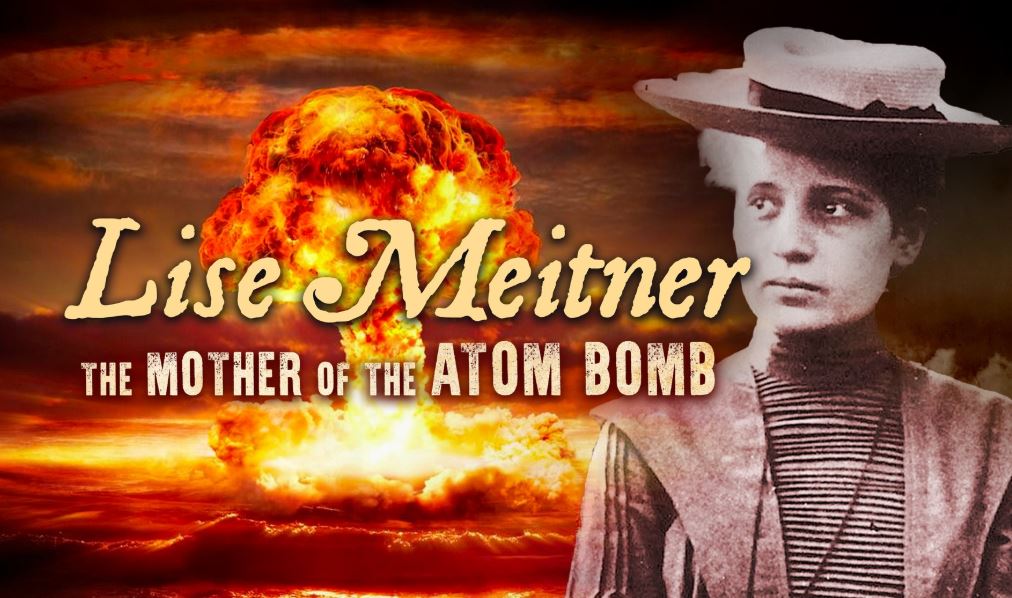

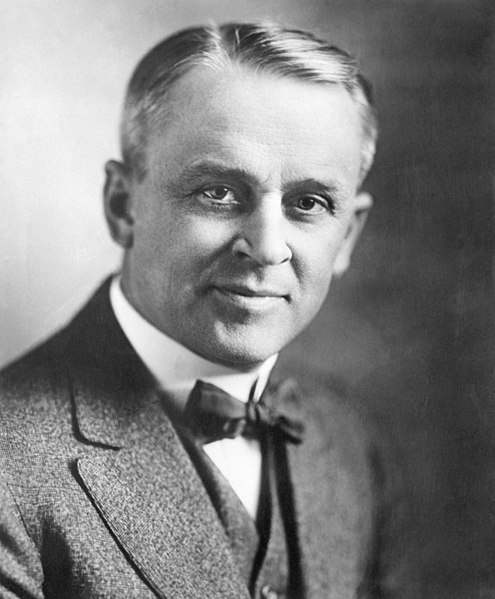







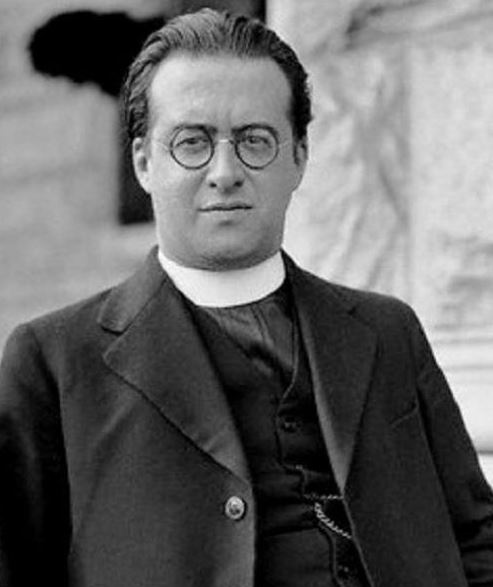





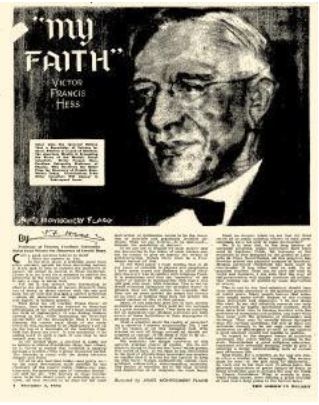

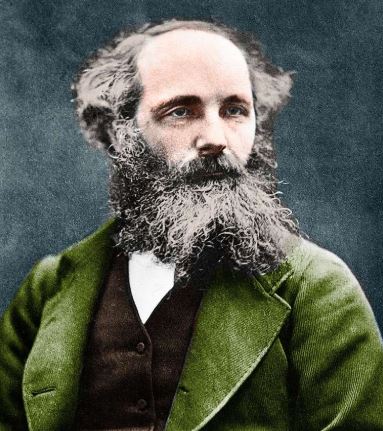
 Physics, astronomy and science history blog for students
Physics, astronomy and science history blog for students